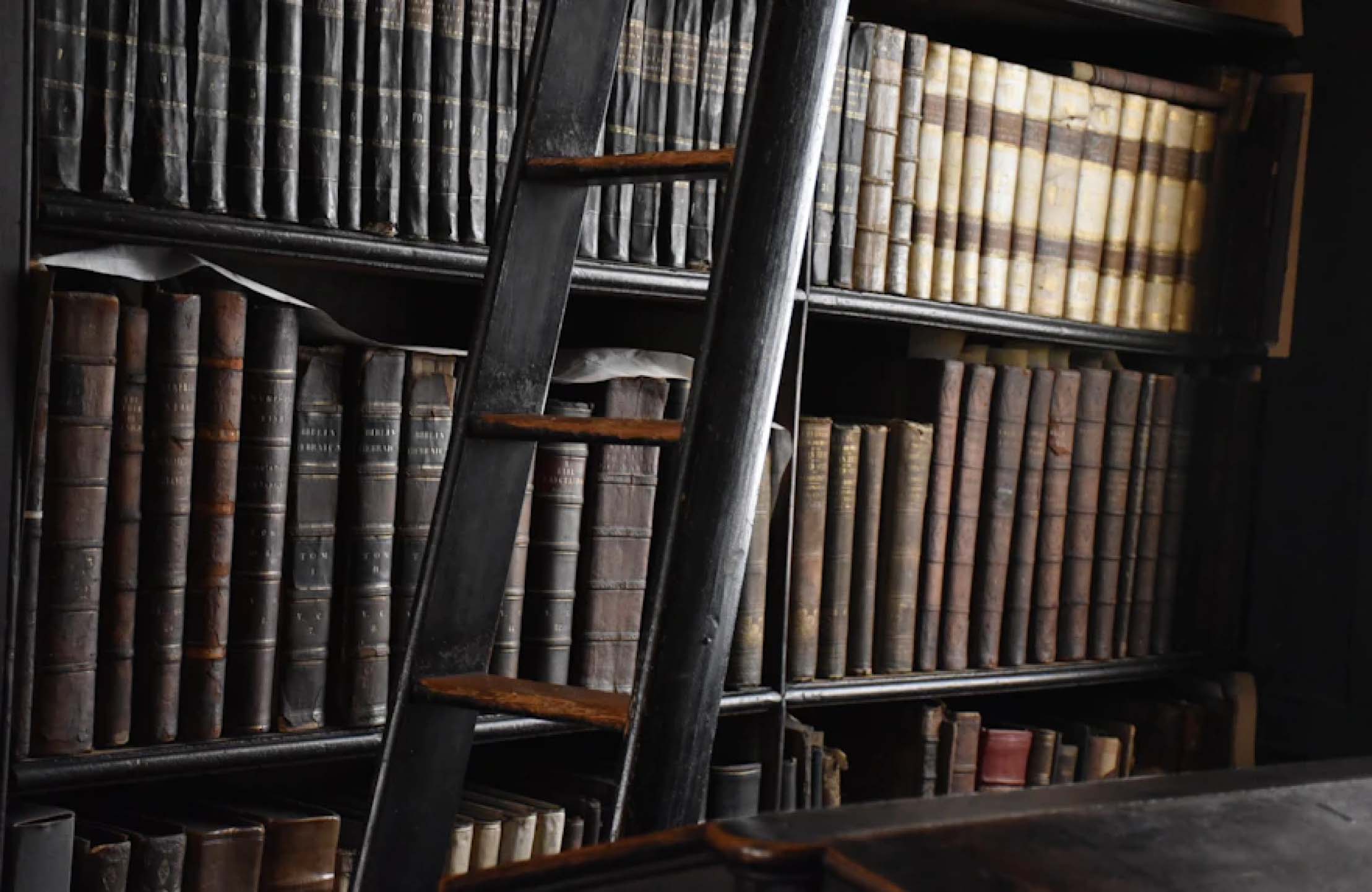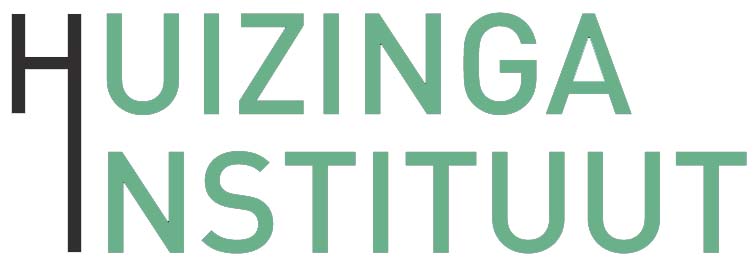Archives are the historian’s natural habitat. Here we read and discover, turn information into evidence, and produce histories from sometimes but a scrap of paper – or at least so we thought.
In the last three decades, historians have become increasingly attentive to the politics of the archive: archives are sites of power, places where we dispose as much as we collect, forget as much as we remember. It’s where history appears in its most tangible -sometimes overwhelming- form, but also where people and stories are suppressed. Even the very notion of what constitutes an archive has expanded, with historians now asking how landscapes can be read as depositories of historical knowledge. Archives, then, are no longer self-evident; and neither is the work historians do in the archive.
Following recent developments in cultural and postcolonial history, this seven-day workshop stimulates reflection on the relationship between historians and their archives. Set in Rome, a focal point in the global commerce and codification of information, and a city rich in archives, we will combine inquiries into the nature of archives with reflections on how we can make these repositories speak to us. Building on recent work by environmental historians and archeologists, we will also read the urban landscape and ask what cities as archives can tell us about the past in its many guises.
We will visit a variety of sites, such as the Vatican Library, the Antonio Gramsci and Communist Party Archives, the State Archives of Rome, the Casa Internazionale delle Donne, and other sites on the modern and premodern history of Italy.
Objectives
Participants of this workshop will:
- learn how thinking about archives and repositories of knowledge has changed since the cultural and postcolonial turns;
- learn how the city and the landscape as well as more traditional archives can be ‘read’ and how gaps, silences, and acts of destruction can be ‘made to speak’;
- critically reflect on their own position vis-à-vis their archives and incorporate this in their own historical work.
Staff
dr. Maartje van Gelder (UvA/KNIR) and dr. Richard Calis (UU)
Requirements
Participants are required:
- to submit a preparatory essay, which relates the required readings to their own research in/on archives;
- to contribute actively in group discussions;
- to submit a final assignment.
Credits
The study load is the equivalent of 5 ECTS (140 hours).
Travel and accommodation
Participants will receive a partial reimbursement of travel expenses (€175,00) from Huizinga Institute. Additional funds are available for those travelling by train. All participants will be housed -free of charge- at the Royal Netherlands Institute in Rome (KNIR). Accommodation consists of shared bedrooms and bathrooms, and includes a living and dining space, a large kitchen, washing machine and wireless internet. All residents have 24/7 access to the library and the garden of the Institute. Excursions are covered as well.
Application and admission
MA and PhD students from the following universities are eligible to apply: University of Amsterdam, Free University of Amsterdam, Leiden University, Utrecht University, Radboud University and the University of Groningen, as well as all RMA and PhD members of Dutch National Research Schools. Selection will be based on a letter of motivation (max. 2 pages) and a CV (max. 1 page).
Deadline
15 March 2023
Please note that the decision of the selection committee is final and no correspondence will be entered into.
This course is organized in collaboration with





